Introduction
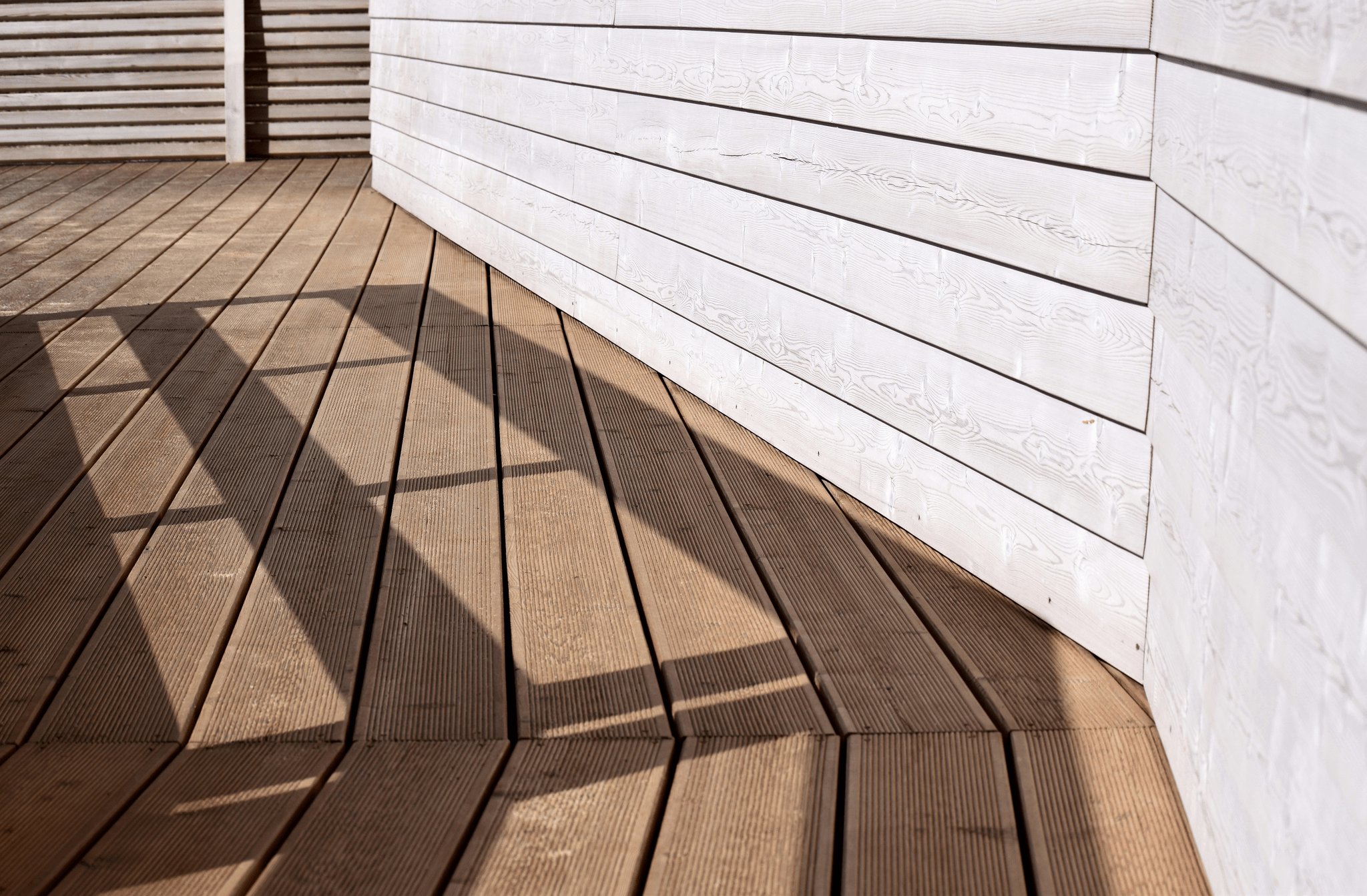
Understanding Decking Choices
Decking choices are not just about aesthetics; they also encompass durability, maintenance, and cost-effectiveness. Homeowners looking for the best decking solutions must weigh these factors carefully to ensure their investment stands the test of time. Whether opting for PVC decking or exploring deck composite decking options, understanding your needs is crucial in making an informed decision.
What is PVC Decking?
PVC decking is a synthetic material made from polyvinyl chloride, designed to mimic the look of traditional wood while offering enhanced durability and low maintenance. Unlike natural wood, PVC decking material is resistant to rot, insects, and fading, making it a popular choice among homeowners seeking longevity in their outdoor spaces. As more people seek reliable alternatives to wood, PVC has emerged as a strong contender in the realm of outdoor flooring solutions.
The Rise of Composite Decking
Composite wood has gained significant traction in recent years due to its blend of recycled materials and traditional wood fibers that create a durable yet aesthetically pleasing product. The rise of composite decking can be attributed to its eco-friendly nature and versatility in design options that cater to diverse tastes and preferences. As consumers become more environmentally conscious while searching for the best composite decking available, this innovative option continues to capture attention across various markets.
Overview of PVC Decking

Benefits of PVC Decking
One of the standout benefits of PVC decking is its exceptional durability. Unlike traditional wood or even some composite wood options, pvc decking is resistant to rot, mold, and insect damage—making it an ideal choice for those in humid or rainy climates. Additionally, because it's made from synthetic materials, you won’t have to worry about warping or splintering over time; this makes it one of the best decking choices for families with kids or pets.
Another advantage is its low-maintenance nature; a simple wash with soap and water is often all that’s needed to keep your deck looking fresh. Plus, many pvc decking materials come with built-in UV protection to prevent fading from sun exposure. If you're weighing your options between pvc vs composite decking, keep in mind that while both have their merits, PVC's ease of upkeep can be a game-changer.
Popular Brands in PVC Decking
Several brands have established themselves as leaders in the pvc decking market by offering high-quality products that cater to various styles and budgets. Trex and TimberTech are two names frequently mentioned when discussing best composite decking; however, they also offer impressive lines of pvc options that shouldn’t be overlooked. Other notable brands include Azek and Wolf Decking—each known for their unique designs and comprehensive warranties.
Azek is particularly renowned for its aesthetic appeal; they provide an extensive range of colors and finishes that mimic natural wood without compromising on durability. Wolf Decking focuses on affordability without sacrificing quality—perfect for those who want great value in their deck composite decking purchase. When considering your options among popular brands, be sure to compare features like slip resistance and color retention alongside price.
Maintenance Considerations
While pvc decking boasts low maintenance needs compared to other materials, it's still essential to understand what upkeep entails to maximize its lifespan fully. Regular cleaning will help prevent dirt buildup and maintain its vibrant colors; using a soft-bristle brush along with mild soap can do wonders without scratching the surface. Additionally, while many manufacturers claim their products are stain-resistant, prompt cleanup after spills will help preserve your deck’s appearance over time.
Another aspect worth noting is how temperature fluctuations affect pvc materials; while they’re designed to withstand various conditions better than wood or some composites, extreme heat may cause expansion—so allow adequate space between boards during installation! In contrast with composite wood which may require occasional sealing or staining depending on exposure levels, most high-quality pvc decks simply need attention when it comes time for seasonal cleaning.
Exploring Composite Decking
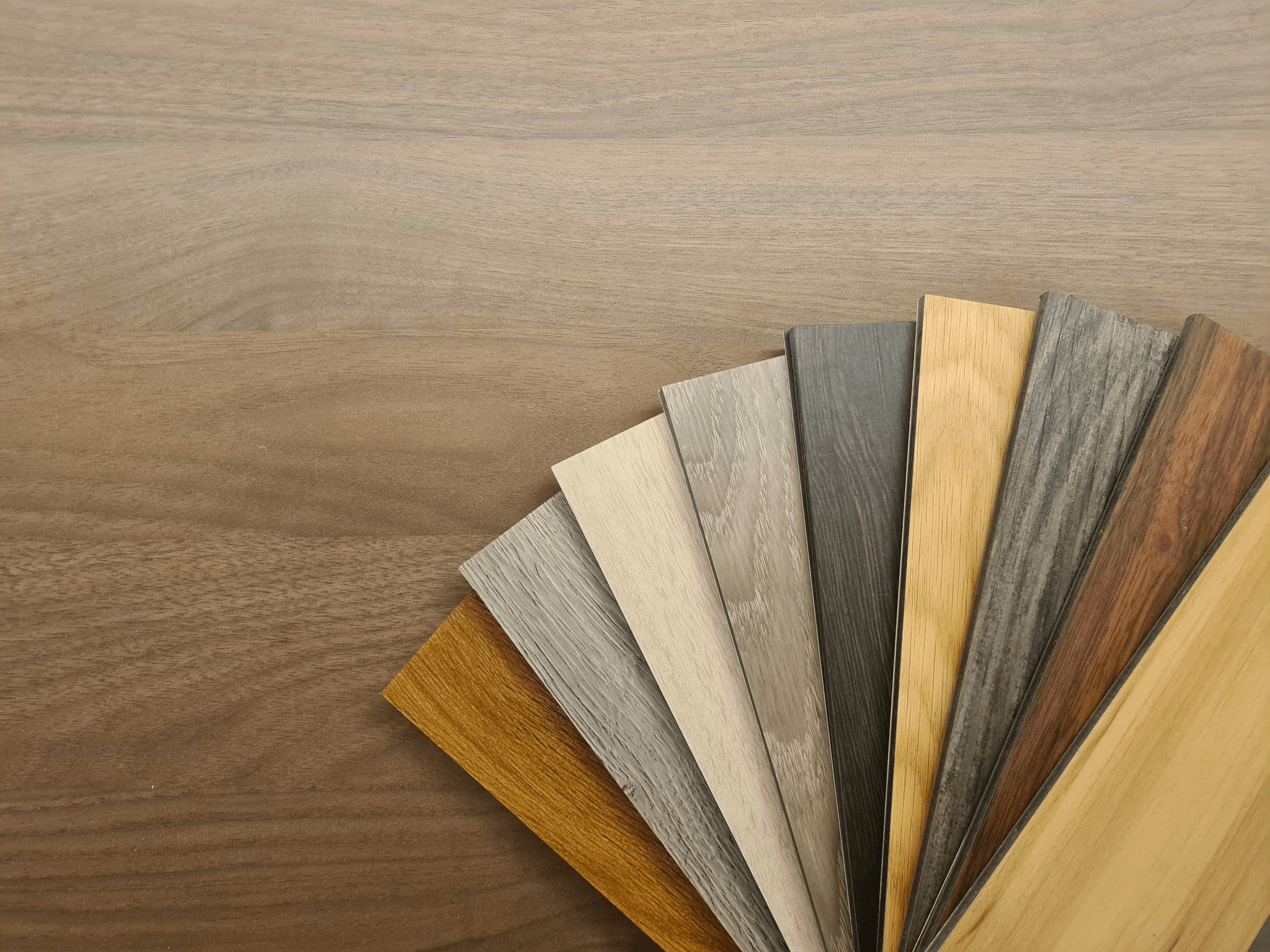
Composite decking has steadily gained traction among homeowners seeking durable and stylish outdoor spaces. Made from a blend of wood fibers and recycled plastic, this decking material combines the best of both worlds—natural aesthetics with enhanced longevity. As we delve into composite wood, it’s essential to consider its advantages, leading brands, and environmental impact to make an informed choice in the ongoing debate of PVC vs composite decking.
Advantages of Composite Wood
One of the most significant advantages of composite wood is its durability; it resists fading, staining, and mold better than traditional wood options. This means less time spent on maintenance and more time enjoying your deck—a win-win scenario for busy homeowners! Additionally, composite decking often comes with a warranty that guarantees its performance over many years, making it one of the best decking choices for those looking for long-term value.
Another perk is the variety in design options available with deck composite decking. Whether you prefer a rustic look or a sleek modern finish, there’s likely a color and texture that will complement your home perfectly. Plus, since it's made from recycled materials, choosing composite wood can also mean you’re making an eco-friendly decision—something that resonates well in today’s environmentally conscious world.
Leading Names in Composite Decking
When discussing the best composite decking brands, several names stand out for their quality and innovation. Trex is often considered a pioneer in this industry, known for its high-performance products that combine sustainability with style. Other notable brands include TimberTech and Fiberon; both offer extensive lines of composite materials designed to meet various aesthetic preferences while ensuring durability.
These companies have invested heavily in research and development to create products that not only look great but also last longer than traditional options like PVC decking material. Their commitment to producing top-notch products makes them popular choices among homeowners who want reliable solutions without sacrificing style or performance. Ultimately, selecting one of these leading names can enhance your outdoor space while ensuring you’re getting some of the best composite decking available.
Environmental Impact of Composite Materials
The environmental impact of using composite materials cannot be overlooked when considering your options between PVC vs composite decking. Since most composites are made from recycled plastics and reclaimed wood fibers, they significantly reduce waste compared to virgin materials used in traditional lumber production. This eco-friendly aspect appeals to many consumers looking to minimize their carbon footprint while still enjoying beautiful outdoor spaces.
Moreover, manufacturers are continually improving their processes to ensure sustainability throughout the lifecycle of their products—from sourcing raw materials responsibly to creating recyclable end-of-life solutions for discarded decks. While no product is entirely without environmental impact, opting for deck composite decking can be seen as a step towards greener living without compromising on quality or aesthetics.
PVC vs Composite Decking: A Comparison
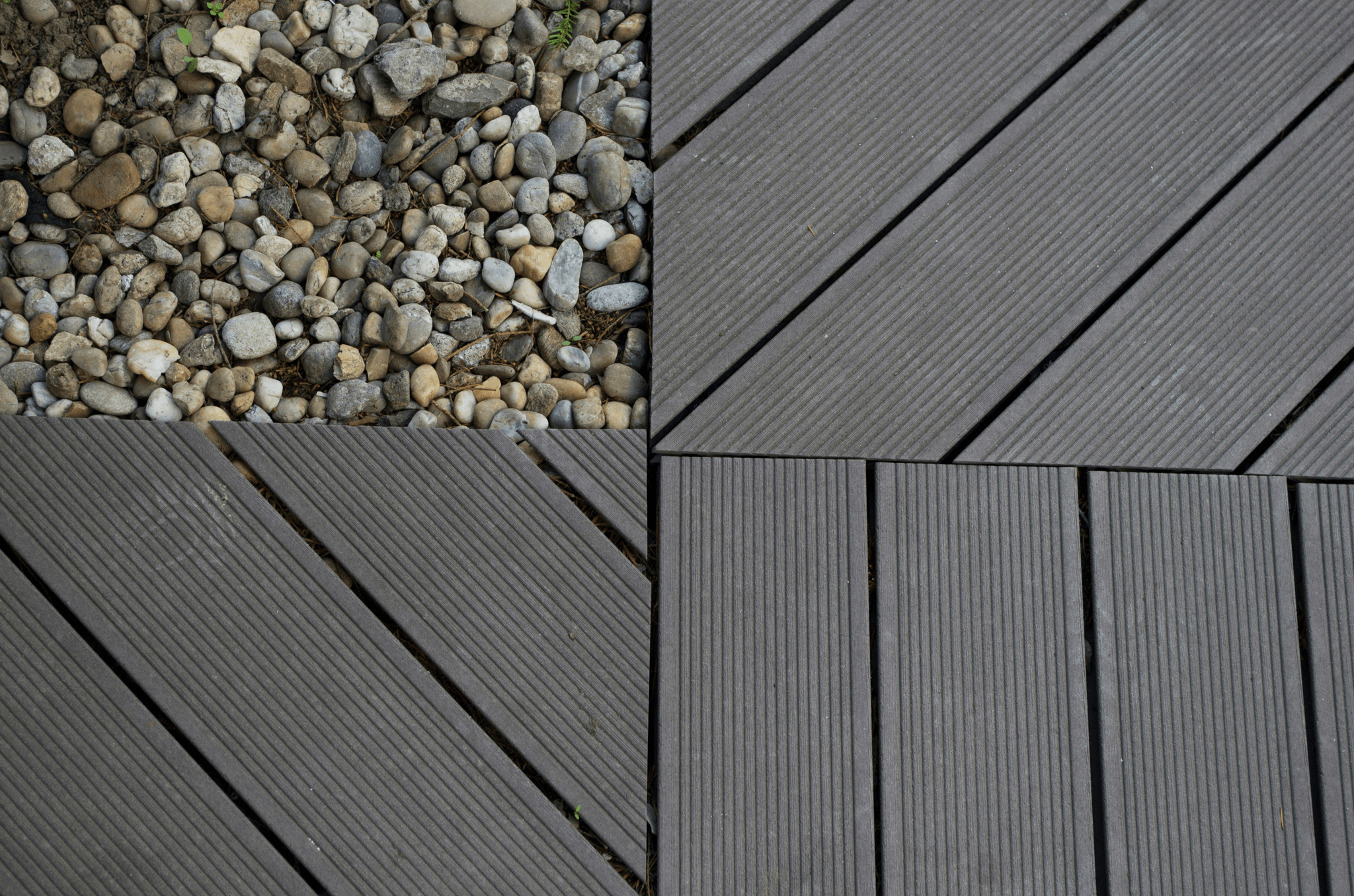
Durability and Longevity
Durability is a key factor when comparing PVC vs composite decking. PVC decking is known for its resistance to moisture, mold, and insects, making it a long-lasting choice that can withstand harsh weather conditions without warping or splintering. On the other hand, while composite wood offers decent durability due to its blend of wood fibers and plastic, it may require more maintenance over time to prevent fading or rotting.
In terms of longevity, PVC decking typically outlasts composite materials by several years if properly maintained. This makes it an attractive option for homeowners looking for the best decking that requires minimal upkeep. Ultimately, durability and longevity are essential considerations when deciding between PVC and composite options for your deck.
Cost Analysis of Decking Materials
Cost is always a major player in any home improvement decision—especially when weighing the pros and cons of deck composite decking versus traditional materials like PVC decking. Generally speaking, initial costs for both types can vary significantly based on brand and quality; however, PVC tends to be slightly more expensive upfront compared to some budget-friendly composite options.
While you might save money initially with cheaper composite wood choices, keep in mind that ongoing maintenance costs can add up over time due to potential repairs or replacements needed as they age. In contrast, investing in high-quality PVC decking material may lead to greater savings in the long run thanks to its low maintenance requirements and impressive lifespan. Therefore, conducting a thorough cost analysis will help you determine which option aligns best with your budgetary goals.
Aesthetic Appeal and Design Options
Composite wood often mimics natural hardwood beautifully with rich textures and colors that can enhance any outdoor setting—perfect for those seeking warmth and charm on their decks.
Conversely, modern advancements have allowed manufacturers of PVC decking to create visually appealing products that come in various shades and finishes as well; however, they may lack some of the organic feel found in quality composites. When considering aesthetic appeal alongside functionality—especially if you're searching for the best composite decking or premium PVC options—you'll find plenty of choices available that can elevate your outdoor space while meeting your personal style preferences.
Best Use Cases for PVC and Composite

Ideal Scenarios for PVC Decking
PVC decking is a fantastic choice in environments where moisture is a concern, such as near pools or in regions with heavy rainfall. The waterproof nature of PVC decking material makes it resistant to mold, mildew, and rot, giving homeowners peace of mind about durability. Additionally, if you're looking for low-maintenance solutions that require minimal upkeep—think occasional cleaning—PVC is your go-to option.
Another ideal scenario for using PVC decking is if you're aiming for vibrant colors and finishes without the fear of fading over time. Unlike some other materials, the color in PVC boards runs throughout the product, ensuring that scratches or scuffs are less noticeable. If you want a deck that maintains its aesthetic appeal with minimal effort, then PVC decking could be your best choice.
Finally, if you're on a tight budget but still want quality performance from your decking material, consider PVC options. While they may have a higher upfront cost compared to some wood alternatives, their longevity and lack of maintenance costs can lead to savings over time. In this pvc vs composite decking debate, these characteristics make PVC an attractive option.
When to Choose Composite Decking
Composite wood shines brightly in scenarios where environmental sustainability is paramount; many leading brands utilize recycled materials in their formulations. If eco-friendliness is at the top of your list when selecting a deck composite decking solution, then composite materials are worth considering due to their reduced carbon footprint compared to traditional lumber. Plus, they offer an appealing natural look that mimics real wood without all the downsides.
If you're planning on hosting frequent gatherings or expect heavy foot traffic on your deck area, composite decking provides excellent durability while also being slip-resistant—a crucial feature when entertaining guests outdoors! This resilience means you won't have to worry about wear and tear as much as you would with conventional wood decks. In this regard of pvc vs composite decking choices—composite often comes out ahead due to its robust construction.
Lastly, consider choosing composite decking if you're interested in design versatility; many brands offer customizable colors and textures that allow homeowners creative freedom with their outdoor spaces. Whether you prefer rustic charm or modern elegance—the best composite decking options will provide something suitable for every taste! This adaptability makes it easy to find a solution that fits seamlessly into any landscape design.
Insights from Composite Decking Inc
Composite Decking Inc has been at the forefront of innovation within the industry by continually refining their offerings based on customer feedback and emerging trends in outdoor living spaces. Their insights reveal key considerations when comparing pvc vs composite decking: customers often appreciate not just aesthetics but also how well these materials stand up against weather conditions over time.
One standout feature highlighted by customers is how easy it is to install their products—many report being able to do so themselves without hiring professionals! This DIY-friendly aspect can significantly reduce overall project costs while still delivering high-quality results with durable performance from deck composite options available today.
Moreover, Composite Decking Inc emphasizes sustainability by promoting products made from recycled plastics and reclaimed wood fibers—a win-win scenario for environmentally conscious consumers seeking both beauty and responsibility in their choices! By opting for such innovative solutions within this competitive market space—you’ll not only enjoy stunning outdoor areas but also contribute positively towards preserving our planet’s resources!
Customer Reviews and Experiences
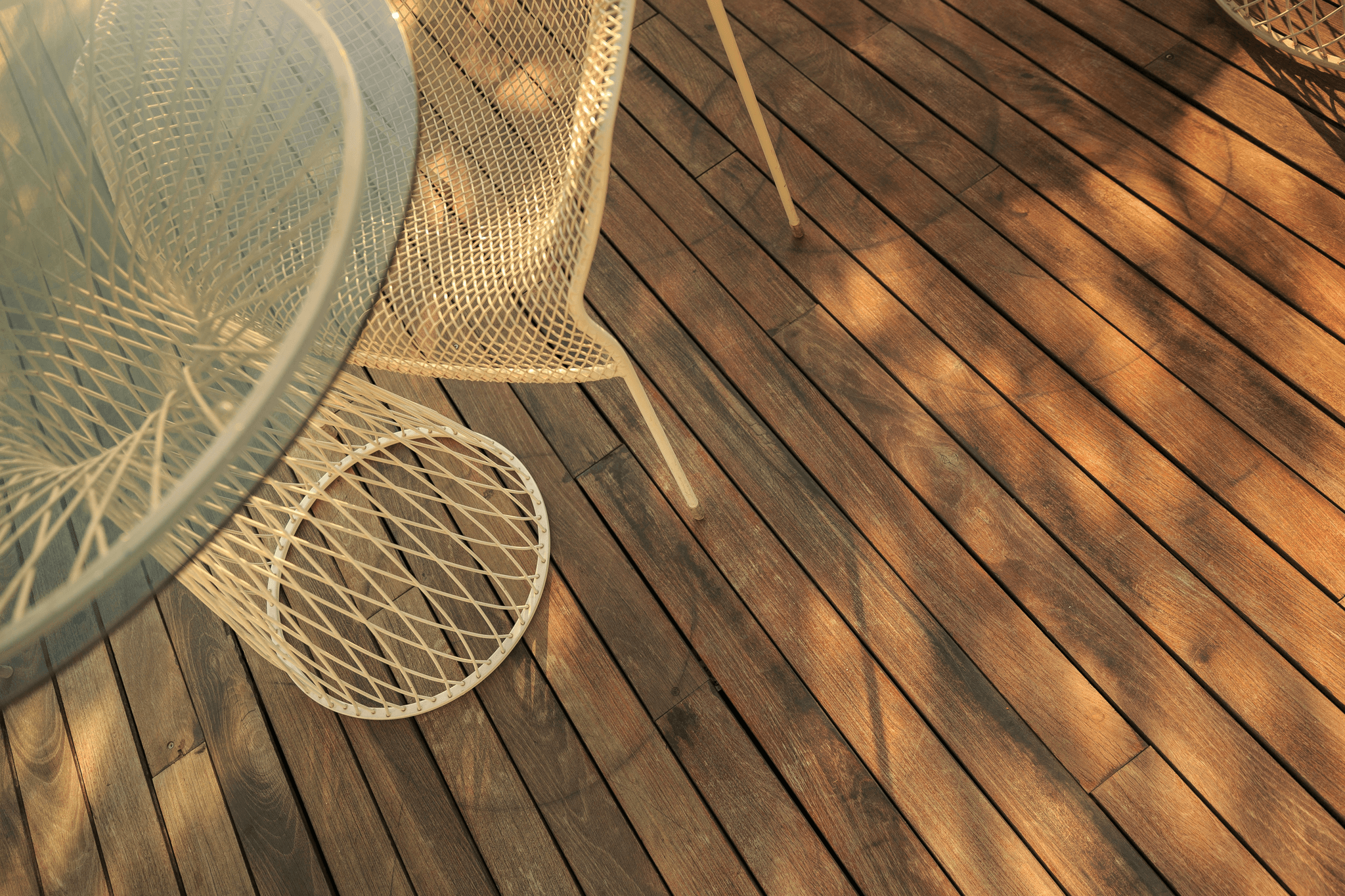
Real User Perspectives on PVC Decking
Many homeowners rave about the durability of PVC decking material, highlighting its ability to withstand harsh weather conditions without fading or warping. Users appreciate that this type of decking requires minimal maintenance compared to traditional wood, making it a hassle-free choice for busy families. One user noted that after several years, their PVC deck still looked brand new, showcasing its longevity in the ongoing pvc vs composite decking debate.
Another point frequently mentioned by users is the versatility in design options available with PVC decking. From colors to textures, homeowners feel they can achieve their desired aesthetic without compromising on quality or performance. However, some users do express concerns regarding initial costs; while they recognize that pvc decking can be pricier upfront, many believe it's a worthwhile investment due to its long lifespan.
Testimonials on Composite Wood
On the other hand, testimonials for composite wood often emphasize its eco-friendliness as a standout feature in the world of best composite decking options. Many users appreciate that composite materials are made from recycled products, which adds an environmental bonus to their outdoor spaces. A satisfied customer shared how choosing composite wood not only beautified their backyard but also aligned with their sustainable living values.
Moreover, users frequently highlight the natural appearance of deck composite decking as a significant advantage over other materials. The realistic grain patterns and colors mimic traditional wood beautifully while avoiding splinters and rotting issues associated with real timber. However, some reviews caution that while maintenance is easier than wood, there may be some need for periodic cleaning to maintain optimal aesthetics.
Expert Opinions on the Best Decking
Experts in home improvement often weigh in on pvc vs composite decking debates by emphasizing the importance of individual needs when selecting between these two popular choices. They note that both types have unique advantages; for instance, experts recommend PVC for those seeking low-maintenance solutions that endure extreme weather conditions without decay or fading issues over time. Conversely, they suggest considering best composite decking if you’re looking for an environmentally friendly option with a more natural look and feel.
Additionally, professionals point out that cost analysis plays a crucial role in decision-making; while initial investments might differ significantly between pvc and composite materials, long-term savings should also be factored into your choice based on durability and maintenance needs. Ultimately, expert opinions advocate for thorough research and personal preference alignment when determining which is truly the best decking solution for your project.
Conclusion
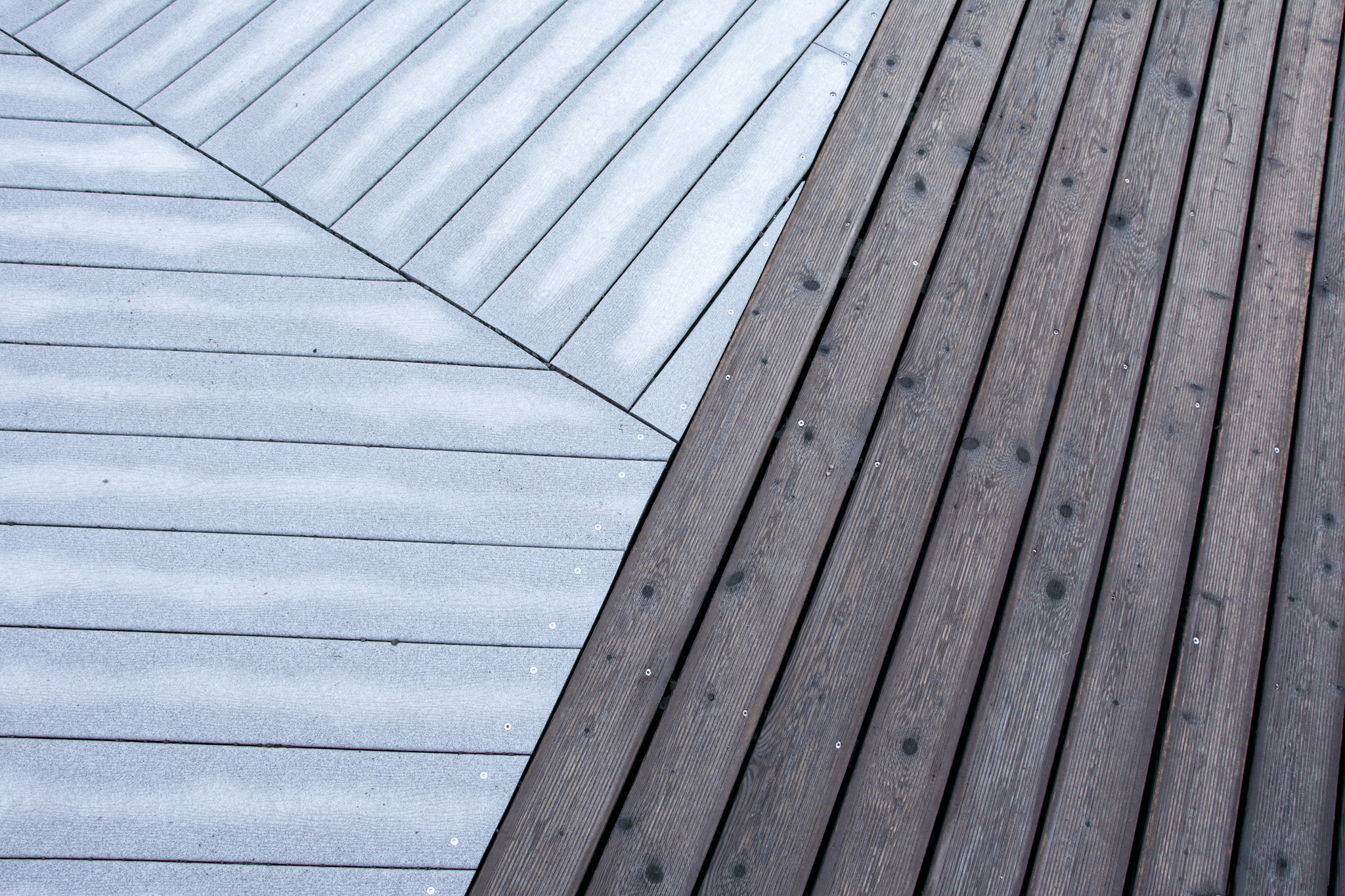
Choosing the right decking material can feel like navigating a maze, especially when weighing options like PVC vs composite decking. Each type has its unique benefits and drawbacks, making it essential to understand what aligns best with your needs and lifestyle. Ultimately, making an informed choice can enhance your outdoor space while ensuring long-term satisfaction.
Making an Informed Choice
When considering PVC decking versus composite wood, it's crucial to evaluate factors such as durability, maintenance requirements, and aesthetic appeal. PVC decking is often celebrated for its low maintenance and resistance to moisture, while composite materials offer a more natural wood-like appearance that some homeowners prefer. By assessing these aspects alongside your budget and intended use, you can confidently select the best decking option for your home.
It's also wise to consult customer reviews and expert opinions on both types of decking materials. Real user experiences shed light on how these products perform over time in various climates and settings. Remember that the best composite decking or PVC options will depend on individual preferences as well as practical considerations.
The Future of Decking Materials
As technology advances, the future of decking materials is looking brighter than ever. Innovations in both PVC and composite decking are leading to more environmentally friendly options that cater to eco-conscious consumers without sacrificing quality or style. Expect to see new designs emerging that combine the best features of each material while minimizing their environmental impact.
Moreover, manufacturers are increasingly focusing on sustainability by using recycled materials in their deck composite offerings. This trend not only helps reduce waste but also provides consumers with greener choices when selecting their ideal decking material. As we move forward, keeping an eye on these developments will be essential for anyone looking to invest in long-lasting outdoor solutions.
Final Thoughts on PVC vs Composite Decking
In conclusion, both PVC and composite decking have their merits depending on your specific needs and preferences. While PVC offers unmatched durability and low maintenance requirements, composite wood brings warmth and a natural aesthetic into outdoor spaces—making it a tough call between the two! Ultimately, whether you opt for PVC or the best composite decking available today will depend on factors like cost considerations, design choices, and personal taste.
So before you dive into this exciting world of outdoor living spaces filled with potential for relaxation or entertaining guests—take a moment to reflect on what matters most to you in a deck! After all, it's not just about choosing between pvc vs composite decking; it's about creating an environment where memories are made year after year.
